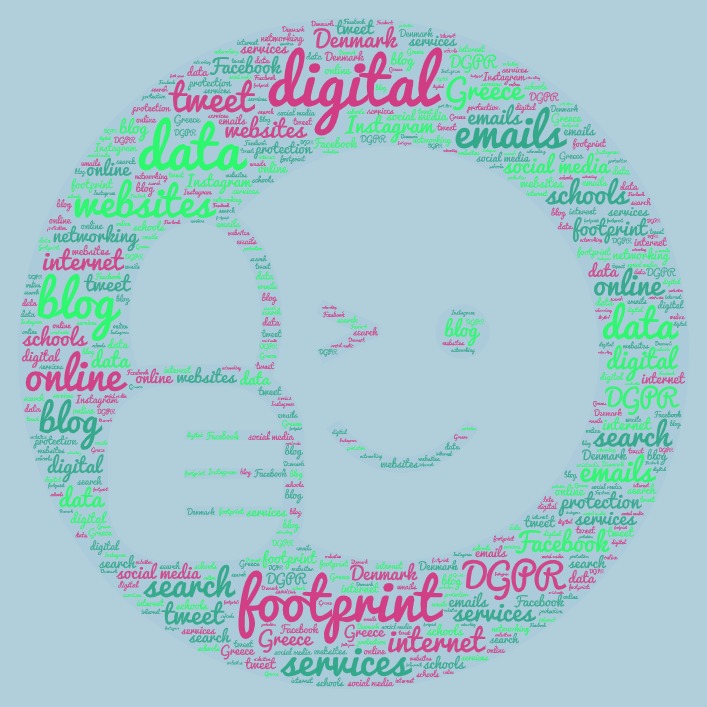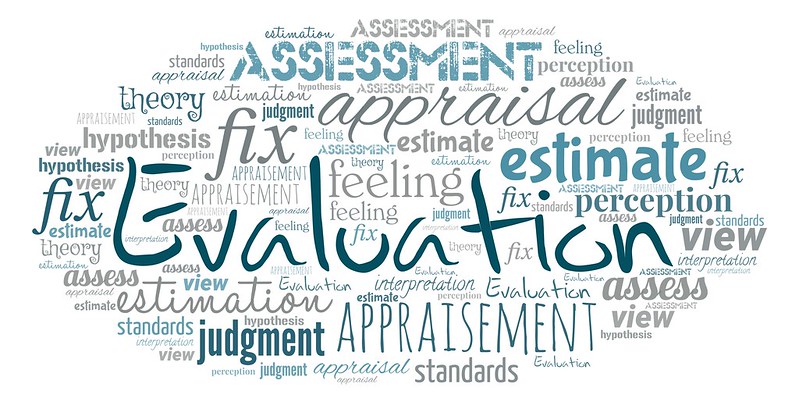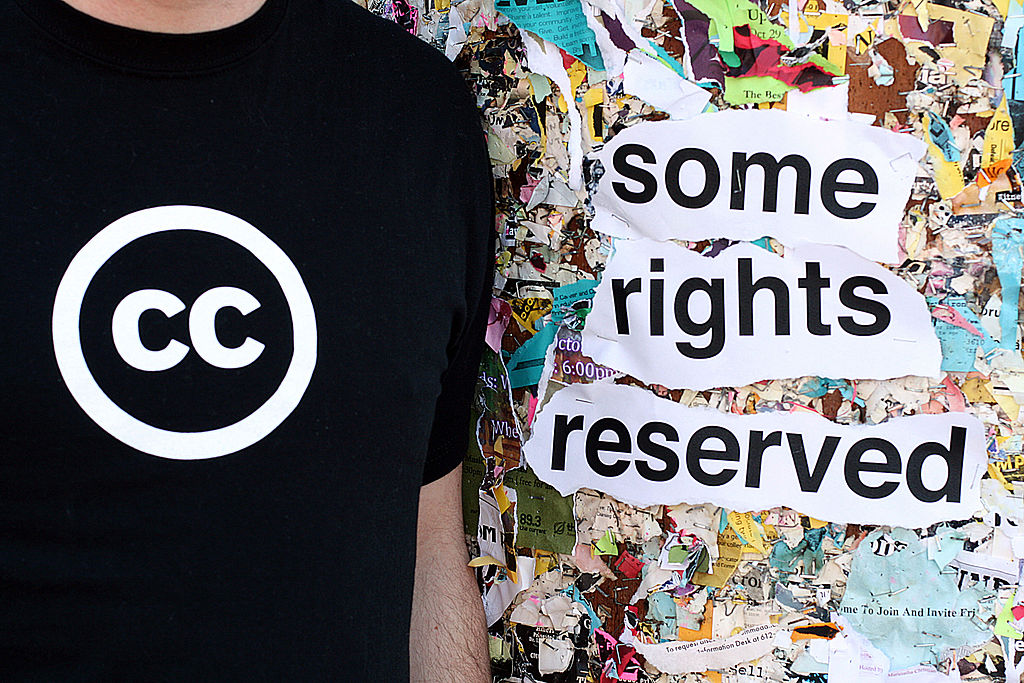- Teacher: ΜΠΟΥΜΠΟΥΚΑ ΜΑΡΙΑ
- Teacher: Αριστείδης Φαλαγκάρας
In this activity, students will learn about custom blocks and will create two blocks that will tell the robot to move a certain number of centimeters and turn a certain number of degrees. For this the srudents will also make the necessary transformations.

- Teacher: Ileana Trandafir
- Teacher: Diana Vancica
In this course, students will learn about the components of the EV3 MINDSTORSM robot, program the robot using blocks to make basic movements and then control it with the help of the remote control.
- Teacher: Ileana Trandafir
- Teacher: Diana Vancica
This Scenario consists of 5 sessions which introduce on using the
computer program to perform presentations. Students will have to learn
the different tools of the program in order to be able to do
presentations. The Europeanity component is focused transversely as the
subject of preparation of the different presentations during the
Scenario.
- Teacher: Nuria Sanz
This Scenario consists of 4 sessions which introduce on using the
computer program to perform texts / portfolios. Students will have to
learn the different tools of the program in order to be able to do a
portfolio. The Europeanity component is focused transversely as the
subject of preparation of the different presentations during the
Scenario.
- Teacher: Nuria Sanz
By the end of the teaching periods the students will be able to understand, respect and apply the core rules of Netiquette. Being aware of the impact of language on others, they will be able to use the language in a positive and socially responsible manner.
- Teacher: Simona Popescu

Teachers: Theodoros Tsourakis, Kleopatra Kalogerakou
School: 1st Experimental High School of Athens
Subject areas: Computer science
Module: Information Technology
Unit: Evaluating information sources
Student age: 12-13
English Language Level (According to the Common European Framework reference for languages): B1-B2
Requirements: Access to PC lab
Duration (in teaching hours): 3 Teaching Hours
Key words
Information, Content, Source, Timeliness, Authority, Acurracy, Purpose, Bias, Relevance, Evaluation criteria
Europeanity
This scenario aims to promote the Competence area 1: Information and Data Literacy and more specifically 1.1 Browsing, searching and filtering data, information and digital content and 1.2 Evaluating data, information and digital content, as described in the DigComp: the European Digital Competence Framework for Citizens that supports the development of digital competences at all stages of education and training.

- Teacher: Sofia Mougiakou
School: 1st Experimental High School of Athens
Subject areas: Computer science
Module: Information Technology
Unit: Copyrights and Open Licenses
Student age: 12-13
English Language Level (According to the Common European Framework reference for languages): B1-B2
Requirements: Access to PC lab
Duration (in teaching hours): 4 Teaching Hours
Key words
Copyright, Creative Commons Licenses, Ethical Use of Content, Public Domain, Attribution
Europeanity
This scenario aims to promote the Competence area 3: Digital content creation and more specifically Competence 3.3 Copyright and licenses as “the ability to understand how copyright and licenses apply to data, digital information and content”, as described in the DigComp: the European Digital Competence Framework for Citizens that supports the development of digital competences at all stages of education and training.

- Teacher: Sofia Mougiakou
From the First industrial Revolution to the ICT
Empowering the European Citizenship and discovering Europe through CLIL
- Teacher: Nancy De Falco